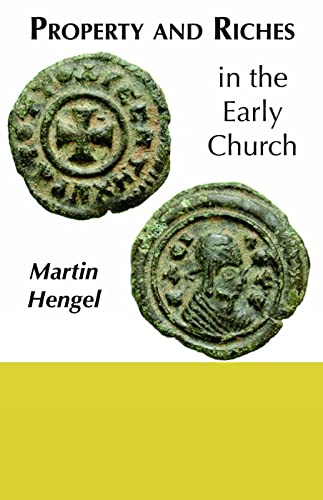For all the scholarly emphasis on God’s acts in history or on the prophets as the high point of the Old Testament, there is a sense in which the book of Psalms best epitomizes the Old Testament. Here is expressed almost every aspect of Israelite faith. Probably it is this part of the Old Testament that is most familiar to Christians. We are thus grateful to Derek Kidner for the early completion of his commentary on the Psalms.
Psalms 73–150 simply picks up where Psalms 1–72 left off, with the pagination sensibly continued. There is thus no introduction (though the abbreviations are helpfully recapped) and we are straight into the exegesis of Psalm 73 on page 259. Naturally, there are in this volume frequent references back to the pages of the first volume (especially the Introduction), so that the second volume is not completely self-contained. It is a sign of the times that the price of the second volume is more than double that of the first when it was published; and the price is now printed not on the binding but on an additional sticky label, which augurs ill! Buy now!
Those who are familiar with his Genesis and Proverbs in this series, if not with Psalms 1–72, might be able to infer the kind of approach Kidner would take in this volume. One of the features of his commentary on Genesis was his concern to see that book in its context in the whole Bible, and this feature appears in the present commentary, both in connection with psalms actually used in the New Testament (e.g., Ps. 95) and with ones where rather the same themes recur (e.g., the glory, length of days, and salvation of the end in Ps. 91, cf. Rom. 8:18, 11, 23, 25). At times, indeed, I wondered if the commentary was too concerned with finding New Testament connections—almost as if the Old Testament cannot speak to us except through the New.
Again, the Genesis commentary reveals a good acquaintance with, but a low estimate of the usefulness of, modern theories about the origin and background of the book, and the same is true of Psalms 73–150. The Introduction in the first volume includes a useful survey of the work of Gunkel, Mowinckel, Weiser, etc., but the commentary is very little influenced by such approaches. Kidner does not categorize in the manner of a form critic, nor does he see the psalms against their background in Israel’s worship in the way that most recent commentaries do. His approach is that of older works such as Kirkpatrick: he interprets the psalms in the light of the historical events which are reckoned to be their background, and takes the psalm titles very seriously as indicators of authorship and origin. He has no time for ‘enthronement festivals’ and the like, and takes the proclamation of Yahweh’s kingship (Ps. 93; 96–99) in an eschatological sense. His work thus provides a critique of widely accepted approaches to the Psalms. But I am myself more sympathetic to these approaches than Kidner is; I regret his low estimate of them, for I believe that they offer much insight on the Psalms, not least for the preacher.
It is also the Derek Kidner of Proverbs: the delightful treatment of Psalm 119 and the analyses (e.g., of Pss. 147–50) are especially reminiscent of the subject-studies of Kidner’s first Tyndale Commentary. We also find expression of Kidner’s gift for the succinct phrase and thought-provoking comment ‘ “To me to live is Christ” is not an excluding but an enriching of other relationships’ (p. 264). ‘It is not untypical of God’s gifts that first they are liabilities, or at least responsibilities, before they become obvious assets. The greater the promise, the more likely that these sons will be a handful before they are a quiverful’ (p. 442). ‘So this psalm (137) takes its place in Scripture as an impassioned protest, beyond all ignoring or toning down, not only against a particular act of cruelty but against all comfortable views of human wickedness, either with regard to the judgment it deserves or to the legacy it leaves; and not least, in relation to the cost, to God and man, of laying its enmity and bitterness to rest’ (p. 461).
Like Kidner’s earlier Tyndale Commentaries, Psalms 73–150 is assured of a wide use.
John Goldingay
Fuller Theological Seminary






